
Exciting new series on “Voice, Body and Movement for Lawyers – How to connect with the jury and find Justice Through Dramatic Technique!”
Click here to find out more
This program, Ethical Concerns for Cannabis Attorneys, will cover conflicts with federal law, the interplay between MRPC 1.2, 1.4, 1.7, 1.8, 1.9, 1.13, 1.18, 2.1, 5.1, 5.5, and 8.4 and cannabis, state variation on ethical rules, criminal law considerations, ethical considerations with owning cannabis businesses, and securing licenses vs. enforcing rights of licenses.
The program will take a special look at how Maine’s Ethics Commission has addressed two main ethical concerns cannabis attorneys face: whether attorneys are permitted to advise clients on behavior dealing with marijuana and whether attorneys are permitted to provide services beyond giving legal advice to clients. Maine’s approach acts as a case study examining the development of the Ethics Commission’s approach to, and rules on practicing law in the cannabis industry.

This course clarifies the distinction between profit and cash flow from a legal perspective. Attorne...
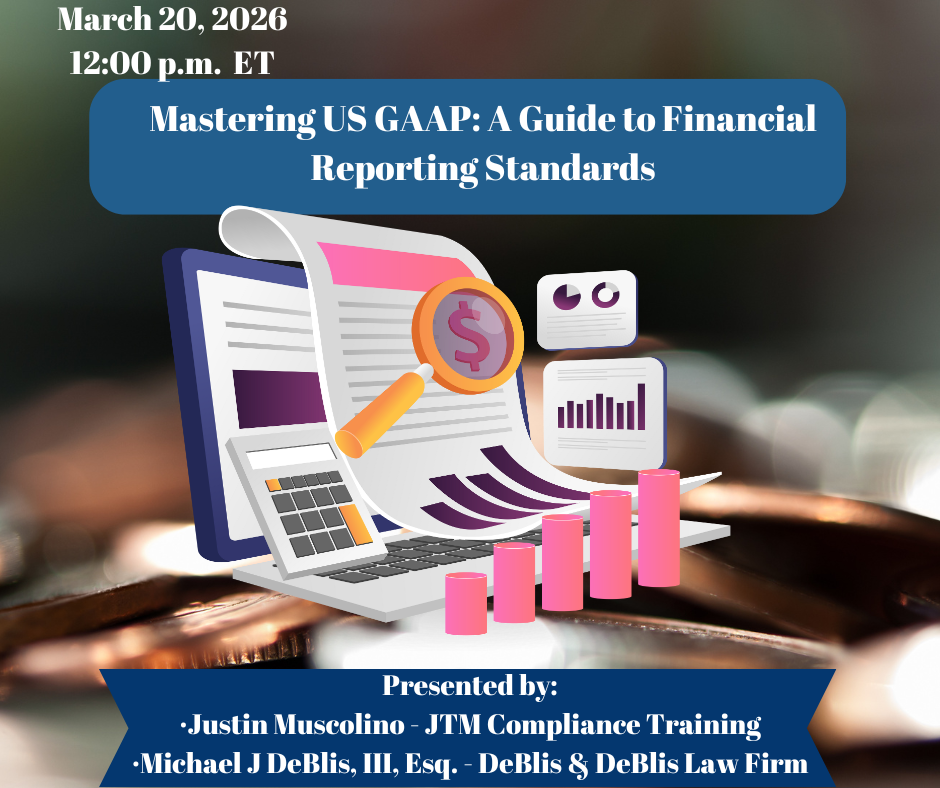
This advanced CLE dives into complex GAAP topics relevant to attorneys advising corporate, regulator...
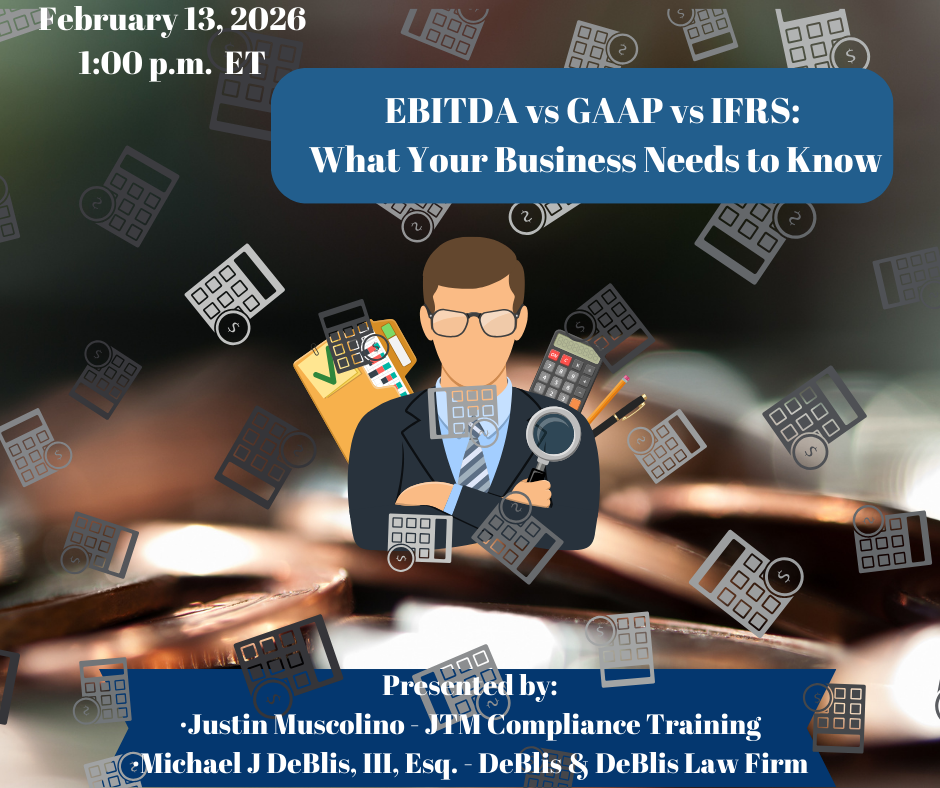
Tailored for attorneys, this training demystifies EBITDA and contrasts it with GAAP- and IFRS-based ...
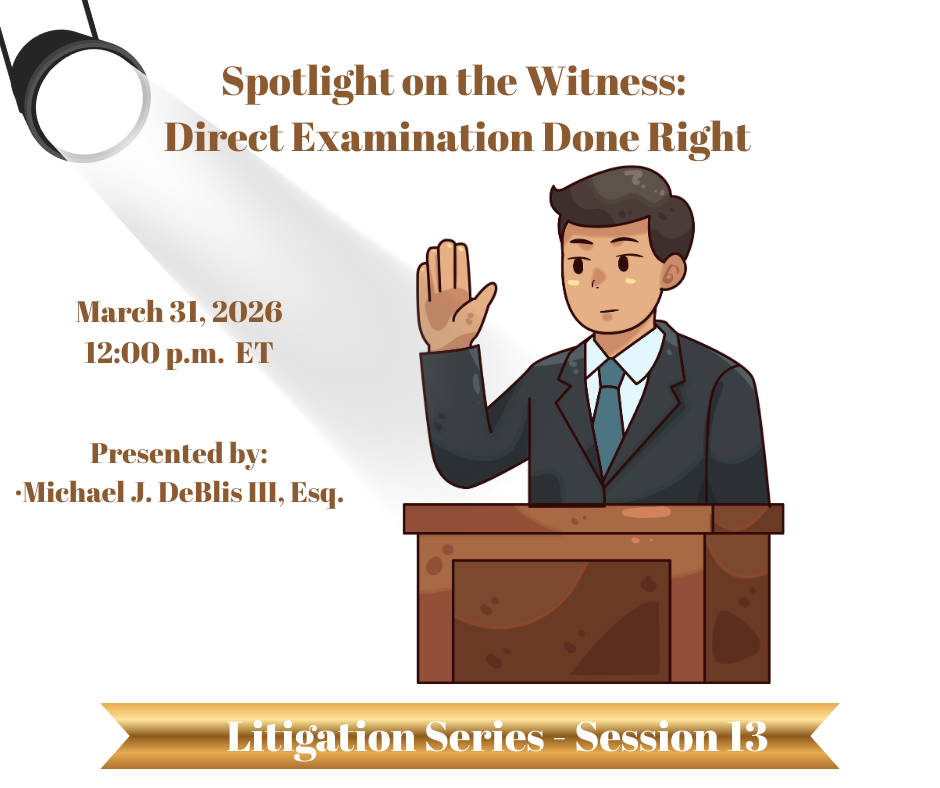
The direct examination presentation outlines how attorneys can elicit truthful, credible testimony w...
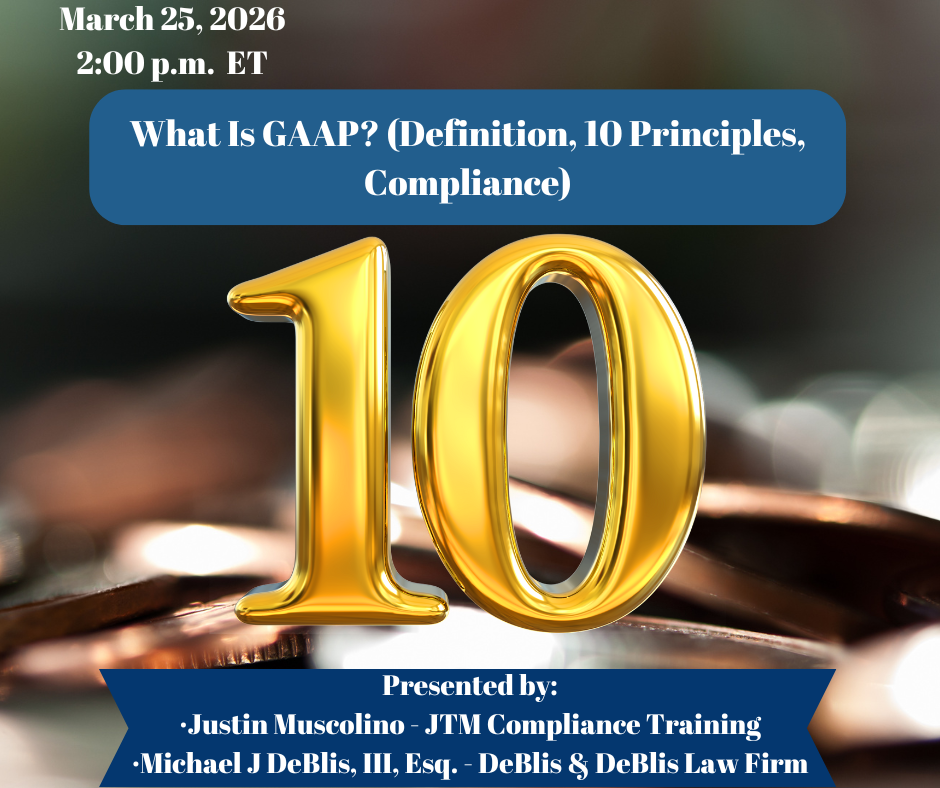
This course breaks down GAAP’s ten foundational principles and explores their compliance impli...
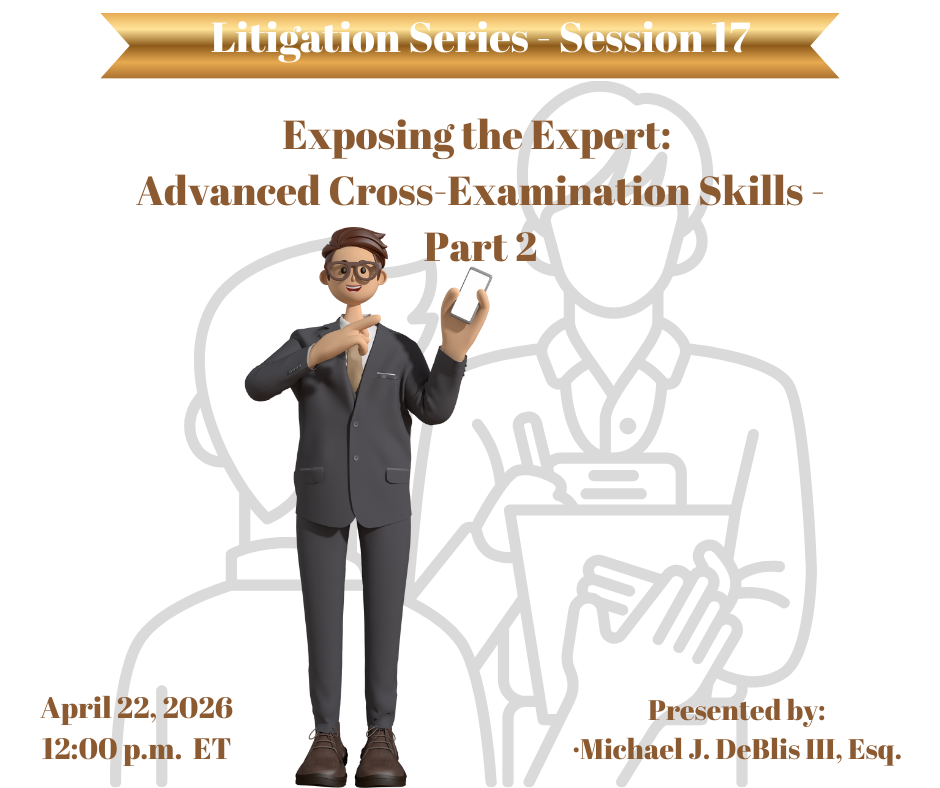
Part 2 - This program will continue the discussion from Part 1 focusing specifically on cross?examin...
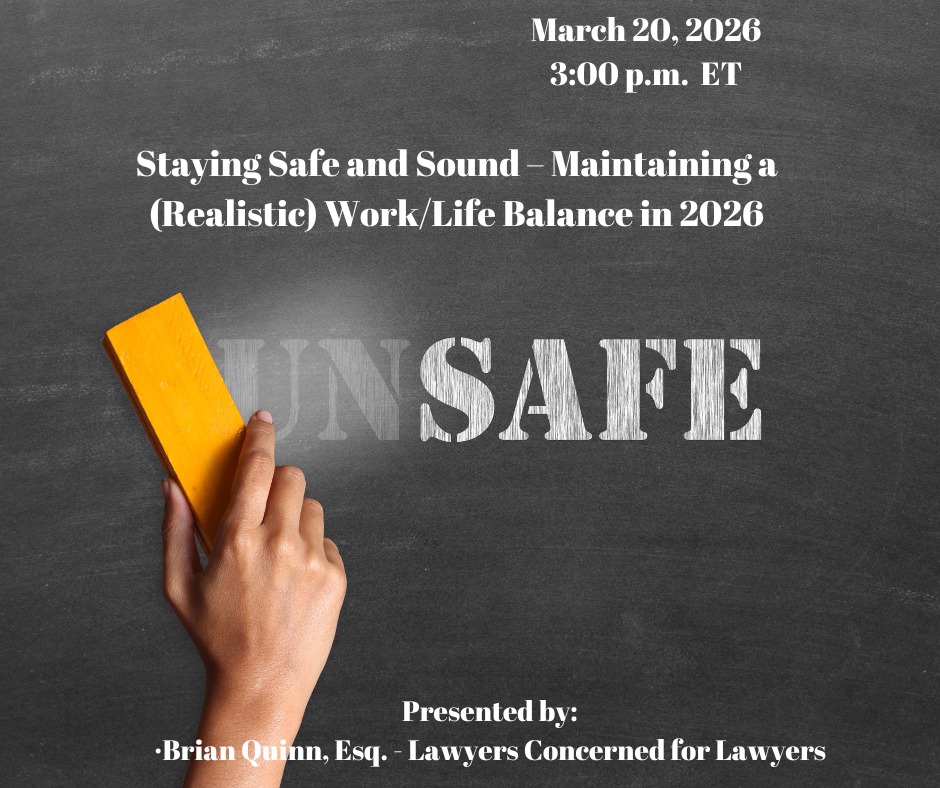
Recent studies have shown that there has been a dramatic increase in impairment due to alcoholism, a...

This program explores listening as a foundational yet under-taught lawyering skill that directly imp...
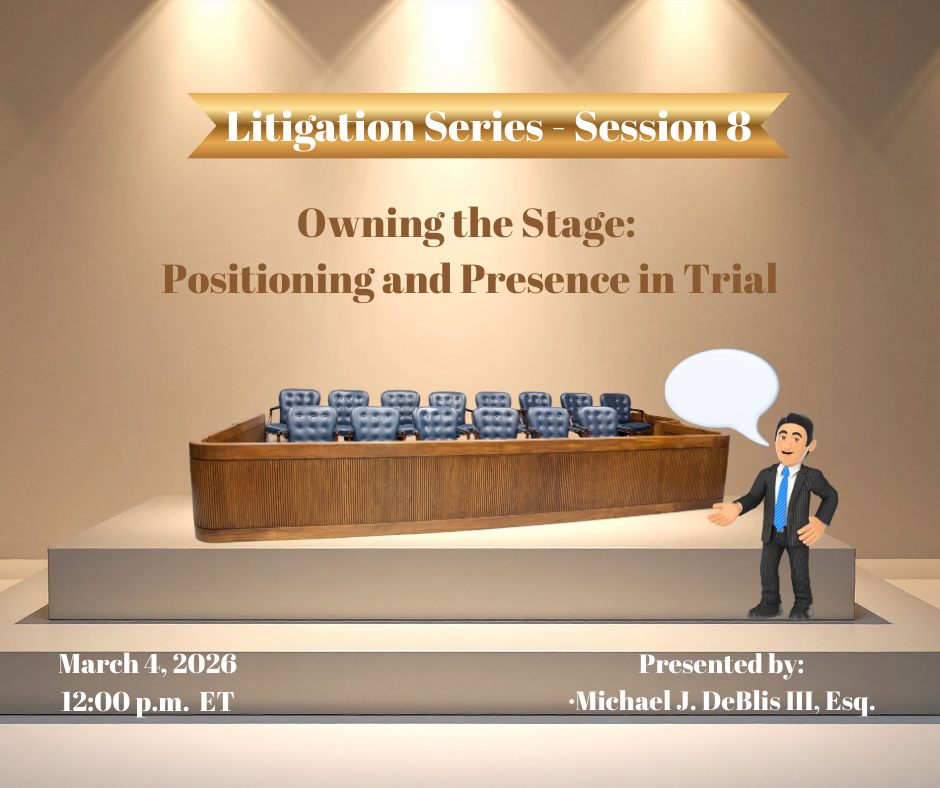
This presentation explores courtroom staging—how movement, spatial awareness, posture, and pre...

Whether from poor drafting, conflicting case law, or simply the amounts in dispute, certain key cont...